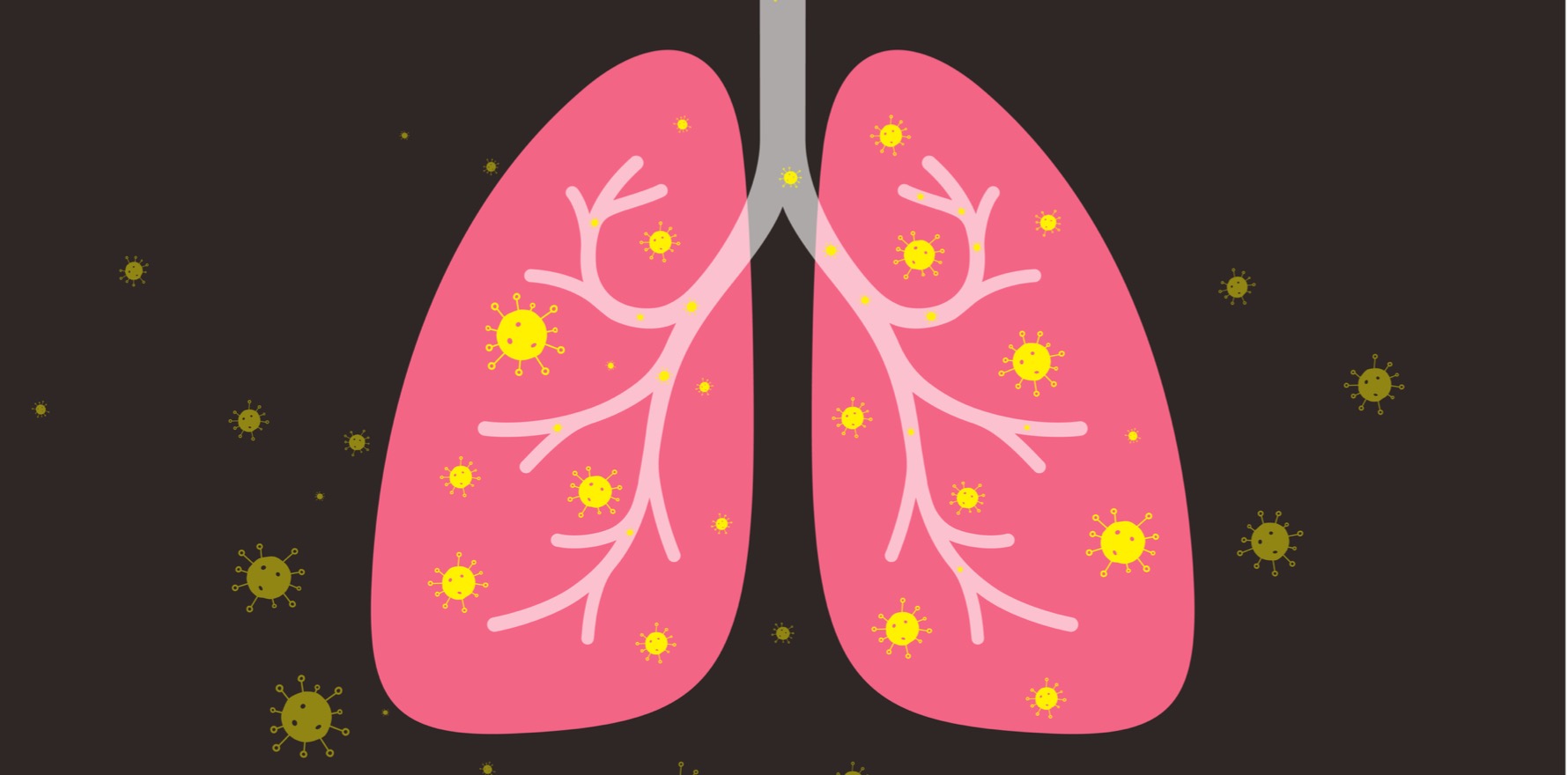New research uncovers the mechanisms underlying the poorer outcomes for people with the respiratory condition.
In a global first, researchers from the University of Technology Sydney have found three reasons why COPD patients are more likely to develop severe covid.
The team found increased levels of two enzymes SARS-CoV-2 uses to enter cells, reduced levels of antiviral interferons, and higher baseline inflammation in COPD patients’ airway cells than in healthy patient cells.
The results, published in American Journal of Respiratory and Critical Care Medicine, could help develop new therapeutic interventions for covid in people with COPD.
“We believe that new drug treatments targeting relevant enzymes and pro-inflammatory responses in SARS-CoV-2 infection could have excellent therapeutic potential in reducing the severity of covid in patients with COPD,” said Professor Phil Hansbro, senior author of the study.
The researchers infected samples of differentiated airway cells from COPD patients and cells taken from healthy people and compared their progress.
Seven days after infection, the COPD airway cells had 24 times the viral load of the healthy airway cells.
The COPD cells also had higher levels of the enzymes transmembrane protease serine 2 (TMPRSS2) and cathepsin B (CTSB), as well as higher levels of pro-inflammatory cytokines connected to worse COPD and covid outcomes.
“Simply put, easier and increased cell infection makes it far more likely that individuals with COPD will have more severe disease outcomes,” said lead researcher Dr Johansen.
In Australia, more than 7000 adults died from COPD in 2018 alone, making it the fifth leading cause of death in the country.


